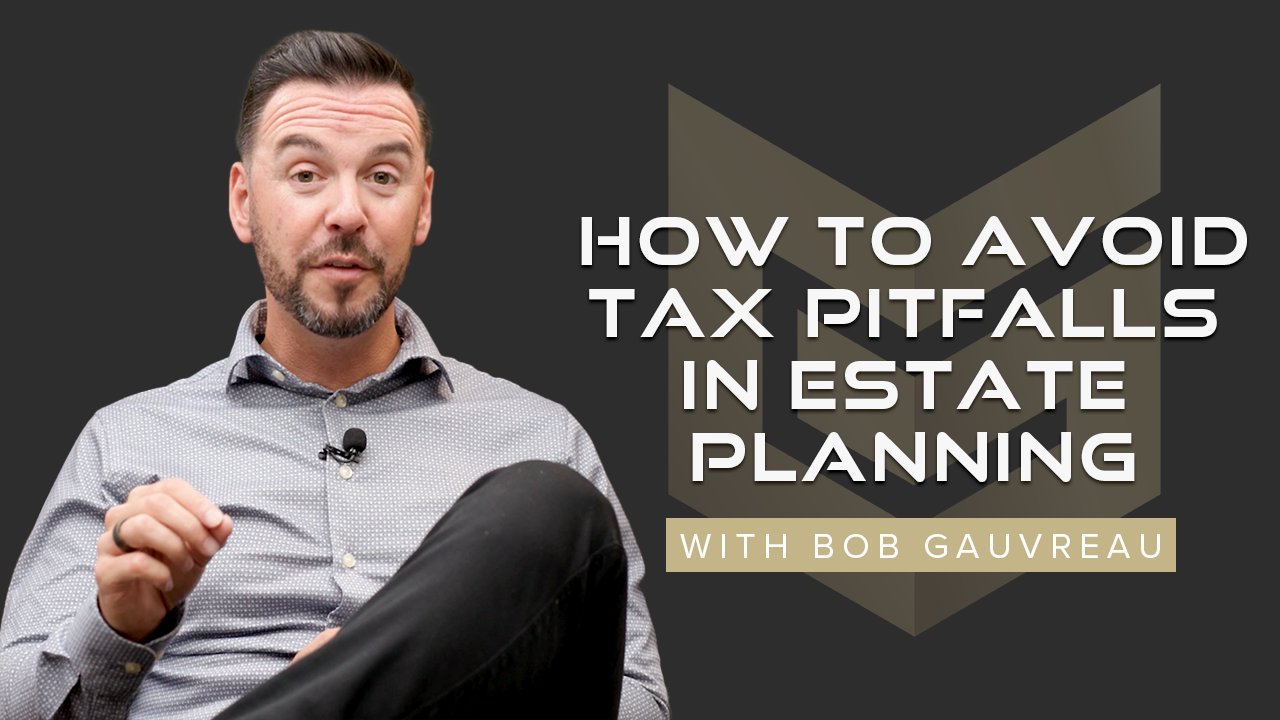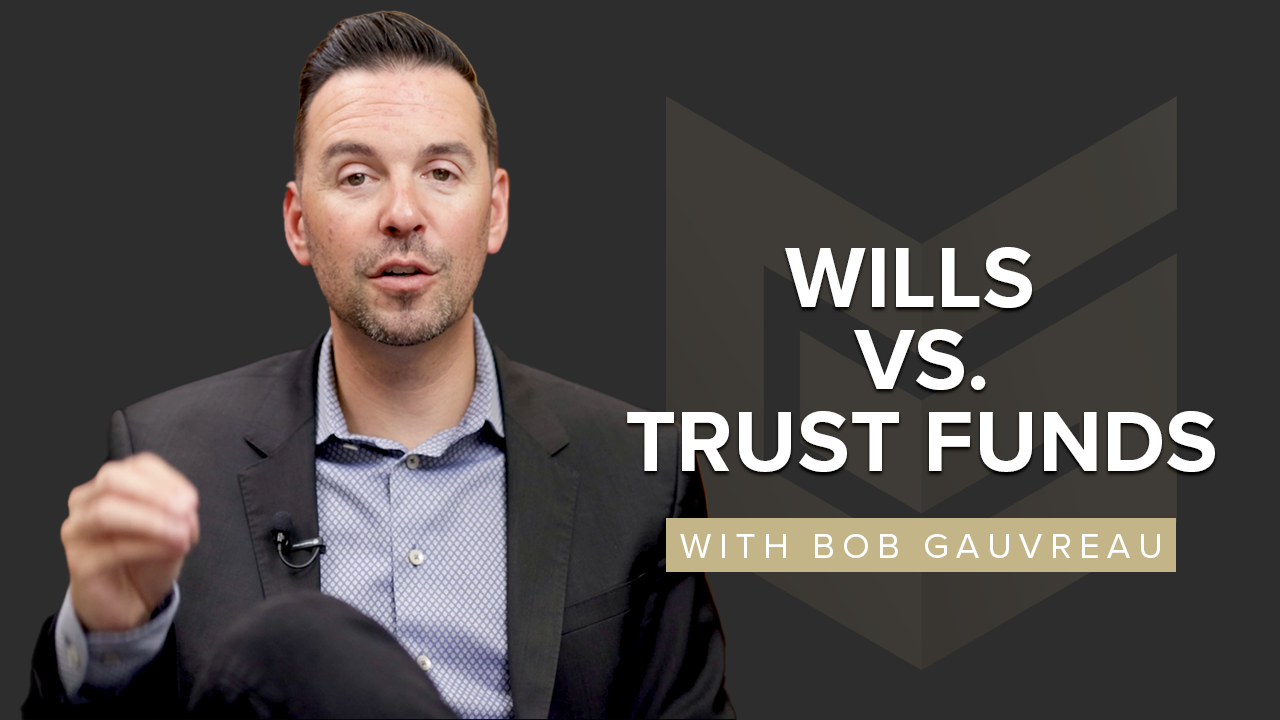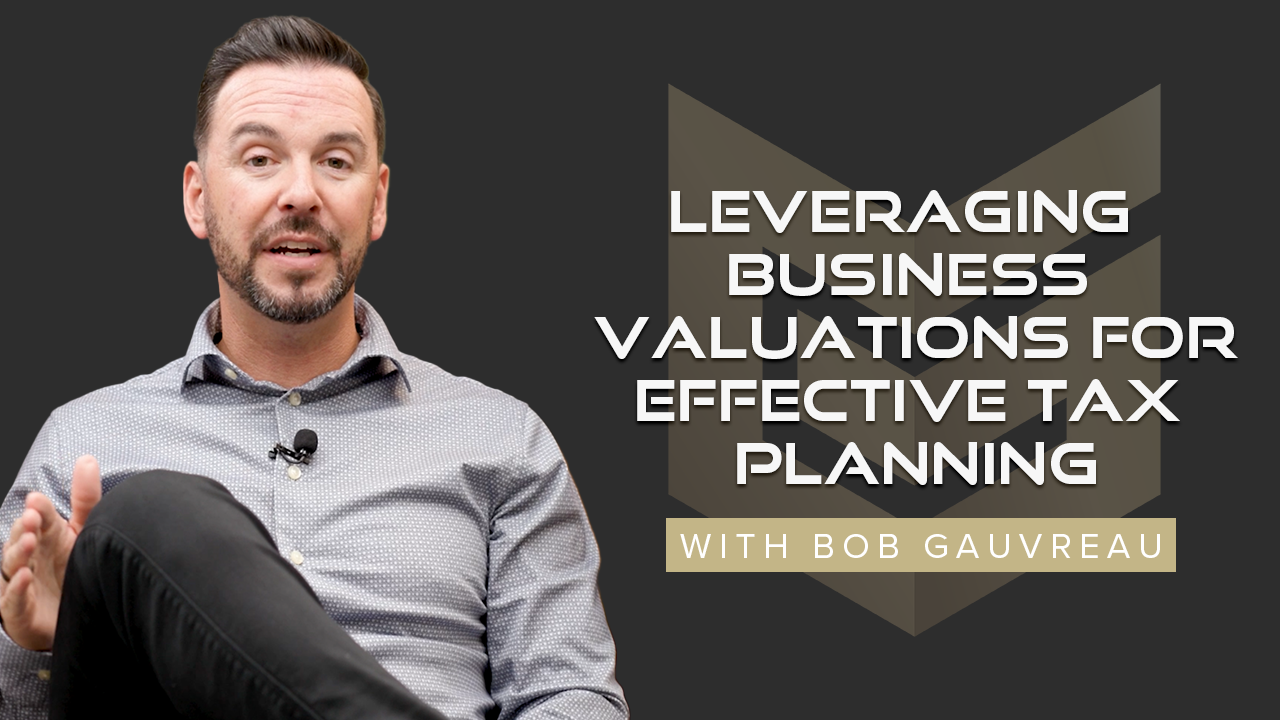How to Avoid Tax Pitfalls in Estate Planning
When planning your estate, it's essential to remember that two things in life are guaranteed: death and taxes. Both of these certainties can...
1 min read
 Gauvreau Accounting Tax Law Advisory
Jun 9, 2023
Gauvreau Accounting Tax Law Advisory
Jun 9, 2023
Estate planning may not always be a popular topic of conversation, but its importance cannot be overstated, especially for small business owners. Crafting a solid estate plan is not just about protecting your financial interests; it's about ensuring the well-being of your loved ones and the seamless transition of your hard-earned assets. In this guide, we'll explore essential estate planning strategies tailored specifically for small business owners, equipping you with the knowledge to safeguard your legacy for generations to come.
Establish a Comprehensive Will
A will is the bedrock of estate planning, providing a roadmap for the distribution of your assets. Ensure your wishes are carried out by crafting a thorough will that considers complex family dynamics and previous marriages, guaranteeing a fair distribution of assets to your loved ones.
Utilize Multiple Wills for Business Assets
Small business owners face unique challenges, particularly concerning probate taxes on business shares. Create a secondary will exclusively for your business assets to sidestep probate and minimize tax liabilities, facilitating a seamless transfer of your business to the next generation.
Consider Tax Implications on Assets
Upon your passing, all assets are subject to taxation at fair market value, potentially burdening your heirs with significant tax obligations. Be cognizant of these tax implications, especially regarding assets like RSPs and real estate. Employ life insurance to cover tax liabilities, ensuring your loved ones inherit your legacy without financial strain.
Plan for Business Succession
Whether passing your business to heirs or selling to a third party, meticulous planning is essential to minimize tax burdens. Optimize your business structure for tax exemptions and engage in corporate tax planning to preserve wealth and prevent unnecessary tax liabilities for your successors.
Regularly Review and Update Your Plan
Estate planning is an ongoing process, necessitating regular review and updates. Changes in personal circumstances, tax laws, or business structures may warrant adjustments to your estate plan, ensuring its relevance and effectiveness in safeguarding your legacy.
Ready to embark on your estate planning journey? Our team of legal experts specializes in crafting tailored estate plans for small business owners like you. Don't leave your legacy to chance; schedule a consultation today to secure your financial future and the well-being of your loved ones.

When planning your estate, it's essential to remember that two things in life are guaranteed: death and taxes. Both of these certainties can...

Let's discuss the difference between a will and a trust, including a trust fund. Many people search for and seek information on this topic...

Business valuations are pivotal in various strategic areas within a company, particularly in sophisticated tax planning, which encompasses...